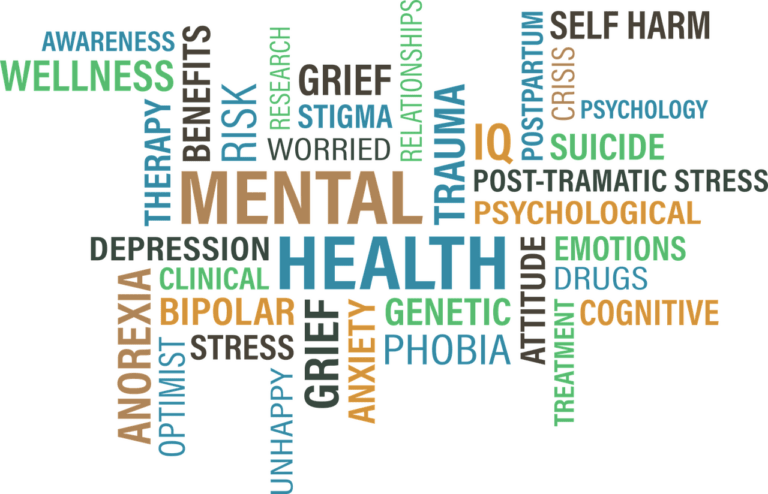Vaccination site chaos

Despite vaccine blitzes, donations of vaccines and numerous educational campaigns aimed at promoting vaccination and dispelling anti vaccination rhetoric, less than four per cent of the Jamaican population has, so far, been fully vaccinated.
Jamaica has, so far, received vaccines in the form of donations from India, the WHO/Pan American Health Organization (PAHO) COVAX facility as well as the African Medical Support Platform (AMSP). Of the $10.5 billion allocated to the Ministry of Health and Wellness for COVID-19 related expenses, $6 billion is to be spent on the procurement, storage, distribution and administration of vaccines. Despite the monetary allocation and the donations, we are still well below our vaccination targets.
According to statistics from the World Health Organization (WHO), just over 77,000 Jamaicans have been fully vaccinated, with more than a quarter of a million doses administered. Some citizens have questioned whether an unavailability of vaccines or the unwillingness of citizens to get vaccinated are to be blamed for the low vaccination rate on the island.
A St. Thomas resident. asked to be called Ms. Robinson, received her first dose of the AstraZeneca vaccine in April. She said she was scheduled to receive her second dose in early June, but the health authorities kept changing her appointment date. She had her first dose in St. Thomas where she resides, after opting not to face the large crowds at the National Arena that is what she described “a stone’s throw away from where she works”. She said she waited four hours at the health centre before she finally got her initial jab. She compared both venues and said the Arena though “off putting” because of the crowd, had health ministry officials providing relevant information which was helpful.
“Scores of persons were turned back because there weren’t enough doses, they didn’t have an appointment or they were just too late” said Ms. Robinson.
Duhaney Park resident Demar Barnett said he tried to make use of the opportunity to take the vaccine during the first blitz but returned home without the jab because of what he described as total chaos at the National Arena. A teacher, Mr. Barnett fell under one of the target groups to get vaccinated under the blitz and he showed up to get registered on spot, which was one of three ways a person could be registered to take the vaccine. “I Don’t think they were expecting the numbers that showed up, many persons went home that day, like me, without getting vaccinated-there needs to be greater organization” said Mr. Barnett.
Portmore resident, Mark Clarke, received both doses of the AstraZeneca vaccine. He received the first dose at the National Arena and the second dose at a health centre in Portmore. His experience at the National Arena mirrored those of Ms. Robinson with large crowds being the dominant experience. He said it was much better than his experience on receiving the second dose. Mr. Clarke said the health centre was overrun with persons trying to get a first dose of the vaccine despite the fact that the centre was only catering to those people scheduled to receive their second doses. He blamed this for his having to wait over three hours to get his second jab compared to the less than two hours it took him to get the first jab at “a way more crowded National Arena”.
Prime Minister the Most Hon. Andrew Holness has, in the recent past, called for greater vaccine access for Caribbean countries. He called for equitable distribution of vaccines and spoke out against the stockpiling of the lifesaving vaccine by the “rich” nations. Jamaica has had challenges in accessing COVID-19 vaccines, especially the quantity needed to accomplish herd immunity.






